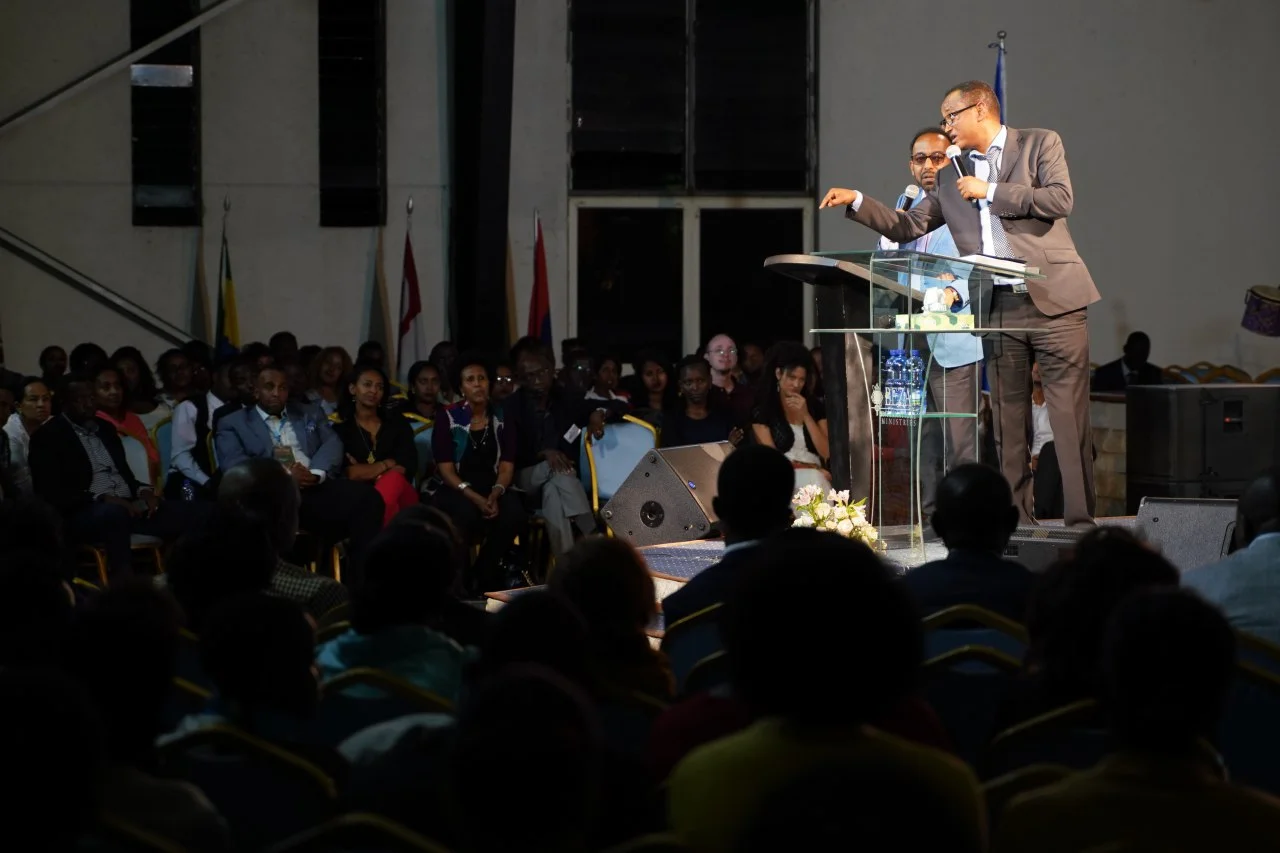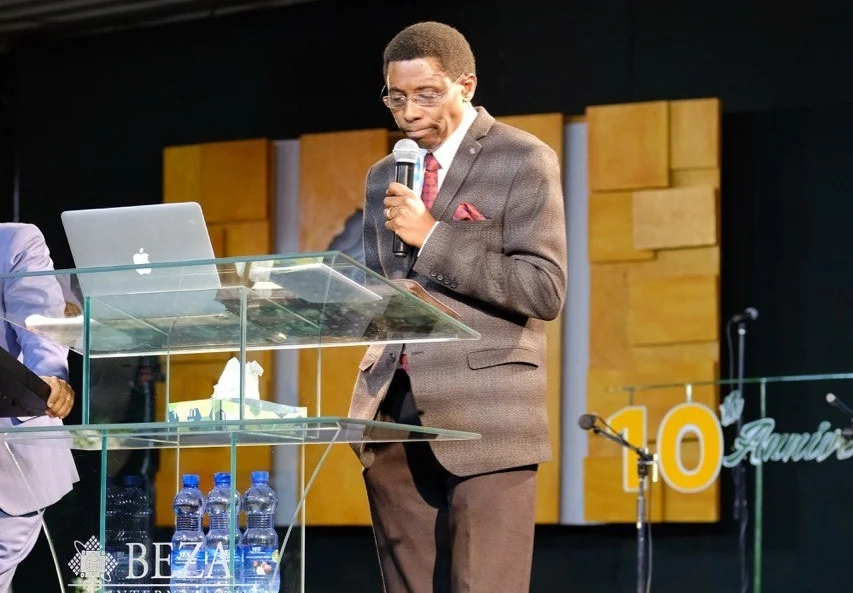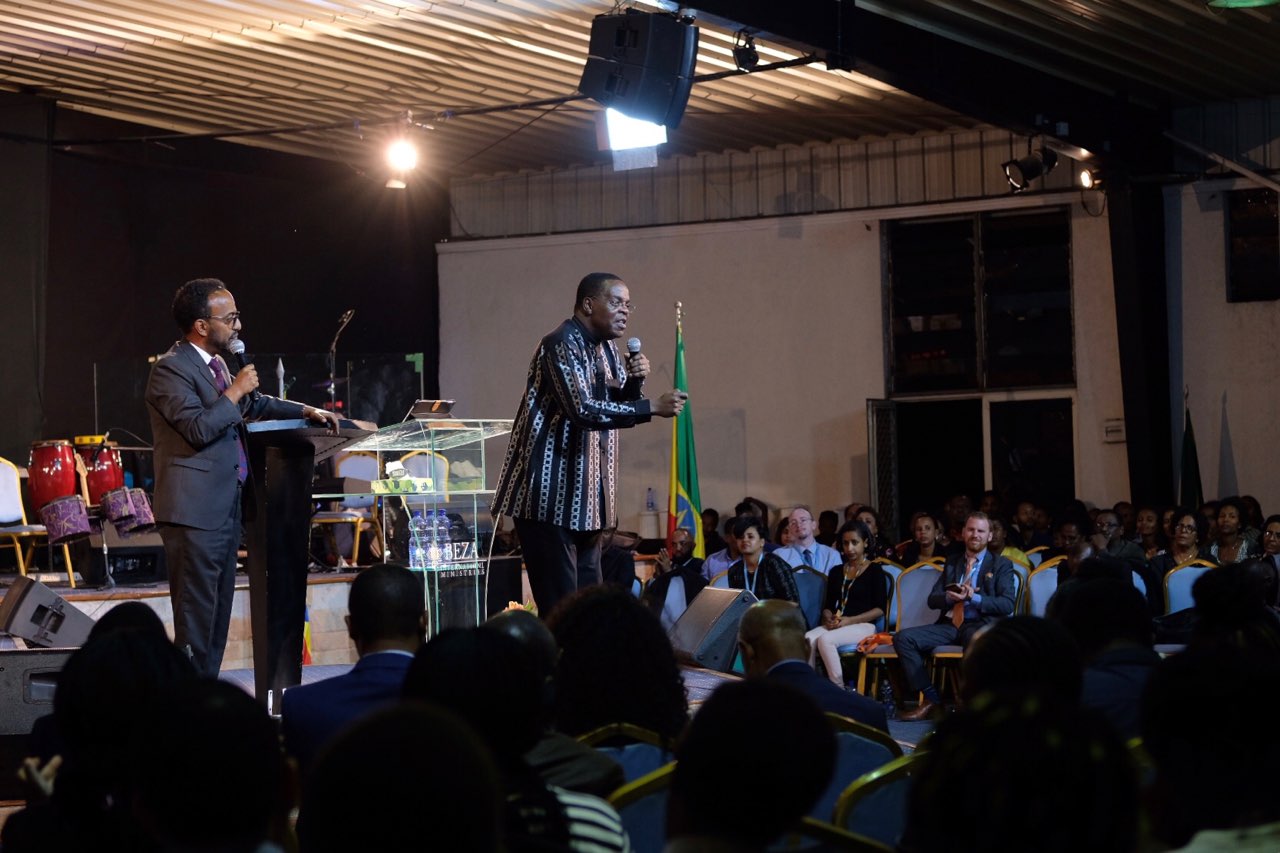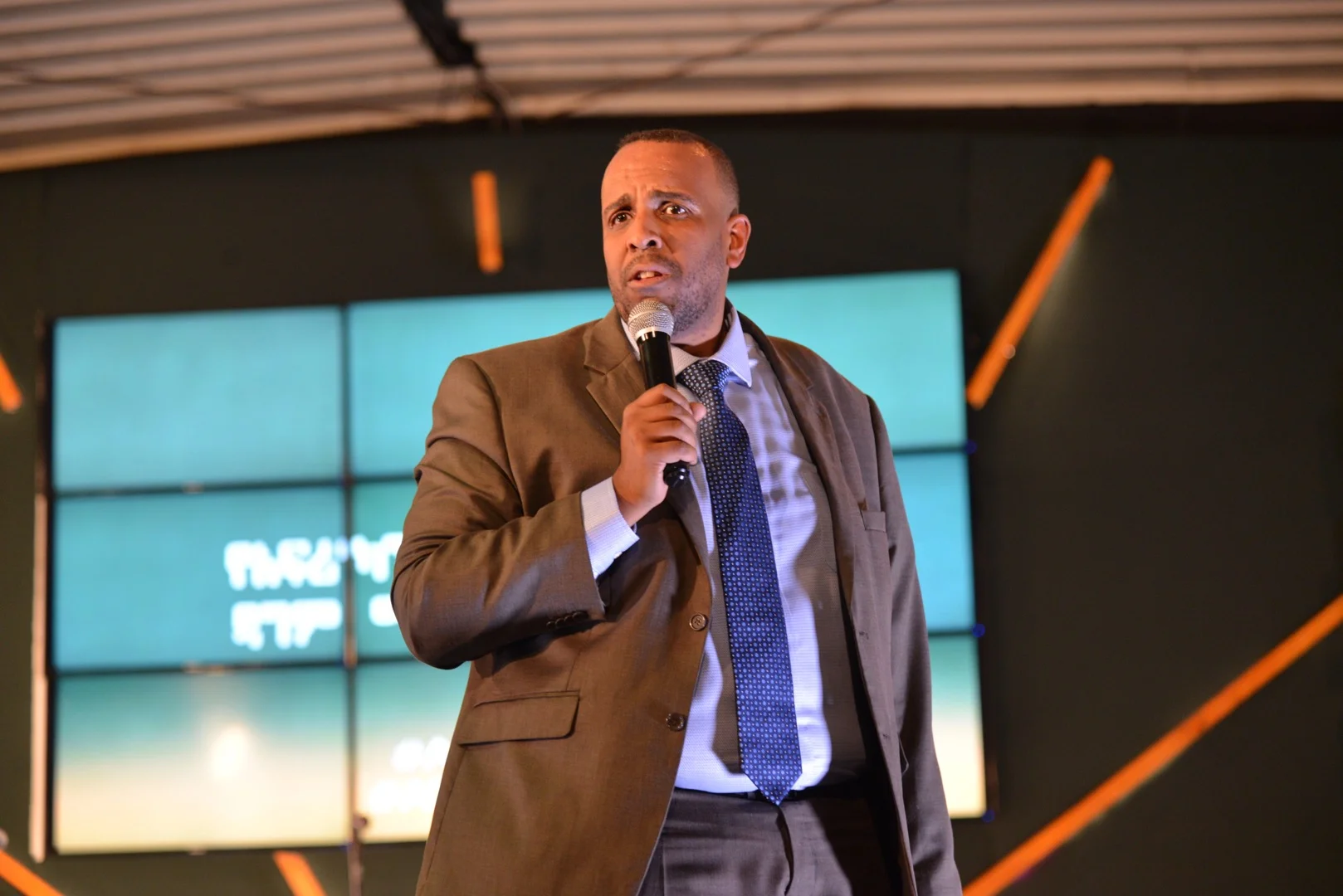Redeeming the Land
Redeeming our Systems
Redeeming Identity
Daniel 1:6-7; John 4:23-26
Historically it is common for conquering kingdoms to change the name and language of their subjects. It causes them to forget who they are and where they come from, quelling the possibility of rebellion. In Africa, this practice was further complicated by the fact that it was done under Christian flag. This has greatly hindered Africa’s relationship with Jesus. A vast majority of the continent and diaspora have rejected the faith altogether, calling it “the white man’s religion.”
For this reason, it is important that Africa understand her spiritual roots from the Bible. This is important, because if identity is broken, nothing can be fixed. Ethiopia in the Hebrew language is the word Cush, meaning black. Scripture reveals that God has always had a special purpose for the black man. In fact, Amos 9:7a says, “‘Are you not like the people of Ethiopia to Me, O children of Israel?’ says the LORD.”
Much like Africa, the Samaritan woman of John 4 was the victim of a religious system that blocked her view of Jesus. When he found her He said, “I who speak to you am He.” This means that every other version she had know of Him was not Him. It changed everything for her. In the same way, Africa needs to hear the same words from Jesus, because ther version we have experienced, is not Him!
When identity is broken, nothing can be fixed. But when identity is healed...
Pst. Z’s new book, “Africa Arise: Conceptual Drawings for a Redeemed Continent,” will be available at the Africa Arise conference. Be sure to pick up your copy.
Do we Have the Fire?
by Apostle Robert Kasaro
1Kings 18:2-5
To Re-Ignite means to set on fire. To cause something to explode. It means
making changes for the intention to put things back on track. There has never been a time that we need the fire of God like now.
How can we experience Reformation without the fire of God? There are enemies to this fire that we must be mindful of.
-enemy #1: compromisers. Obadiah had one foot on one side and another foot on the other. Not good.
-enemy #2: confused people. Elijah asked, "How long will you waver between two opinions?" It means that God's people are not doing their job.
-enemy #3: competition. The enemy divides us, but the altar unites us.
By separating ourselves from these enemies we put ourselves in position to receive the fire of God.
Ministry for Reformation
by: Dr. Mamusha Fenta
The heart of the early Reformation was not necessarily birthing something new, but going back to the old. From Ephesians 4:7-16, we get a clear blueprint for what God originally had in mind for His ministry. We can divide them into 4 categories.
1. Basic Foundation of New Testament ministry. (v. 7-9)
Ministry in the New Testament is founded on the person and works of the glorified Christ. No 25% mango juice! 100% Christ! Period.
2. Scope of New Testament ministry (v. 7, 12,16)
The ministry is given to all the saints. They have been given to all, and we are all priests of God.
3. The Role of Leadership in New Testament Ministry (v. 11-12)
If we are all ministers, then what is the role of the of ministry offices listed in the passage? They are given for the purpose of preparing God's people for works of service. They are there to equip. They are the fillers of the AK-47 cartridge.
4. Goal of New Testament Ministry (V.13-15)
The goal of New Testament ministry is maturity in Christ. Specifically, attaining the whole measure of the fullness of Christ. To grow up into him. Not necessarily to stir up peoples emotions, but to grow up people into Him.
Marketplace Ministry
by Pst. Mark Batterson
In 2 Kings 8:19 we are introduced to Jehoram, king of Judah. He did evil in the eyes of the Lord, but God spared him "for David's sake." What God does for us is not for us, but it is for the 3rd and 4th generation. God has a good memory. Reformation is not diminishing what God has done before. We stand on the shoulders of great men and women of God who have gone before us. But at the same time every generation needs its own Reformation.
How God brings reformation will look different for each country. This is why we see the apostle Paul change hats so frequently. The message does not change, but methods must. In Acts 17 he visits Athens. He went to the marketplace and competed in the marketplace. A first century philosopher said that it was easier to find a god in Athens than to find a man. He went to the areopagas and opened his mouth.
We should be known more for what we are for than what we are against. We must criticize by creating. Uniqueness is God's gift to us. Creativity is our gift to God. Paul went to both synagogue and marketplace. The church belongs in the middle of the marketplace.







